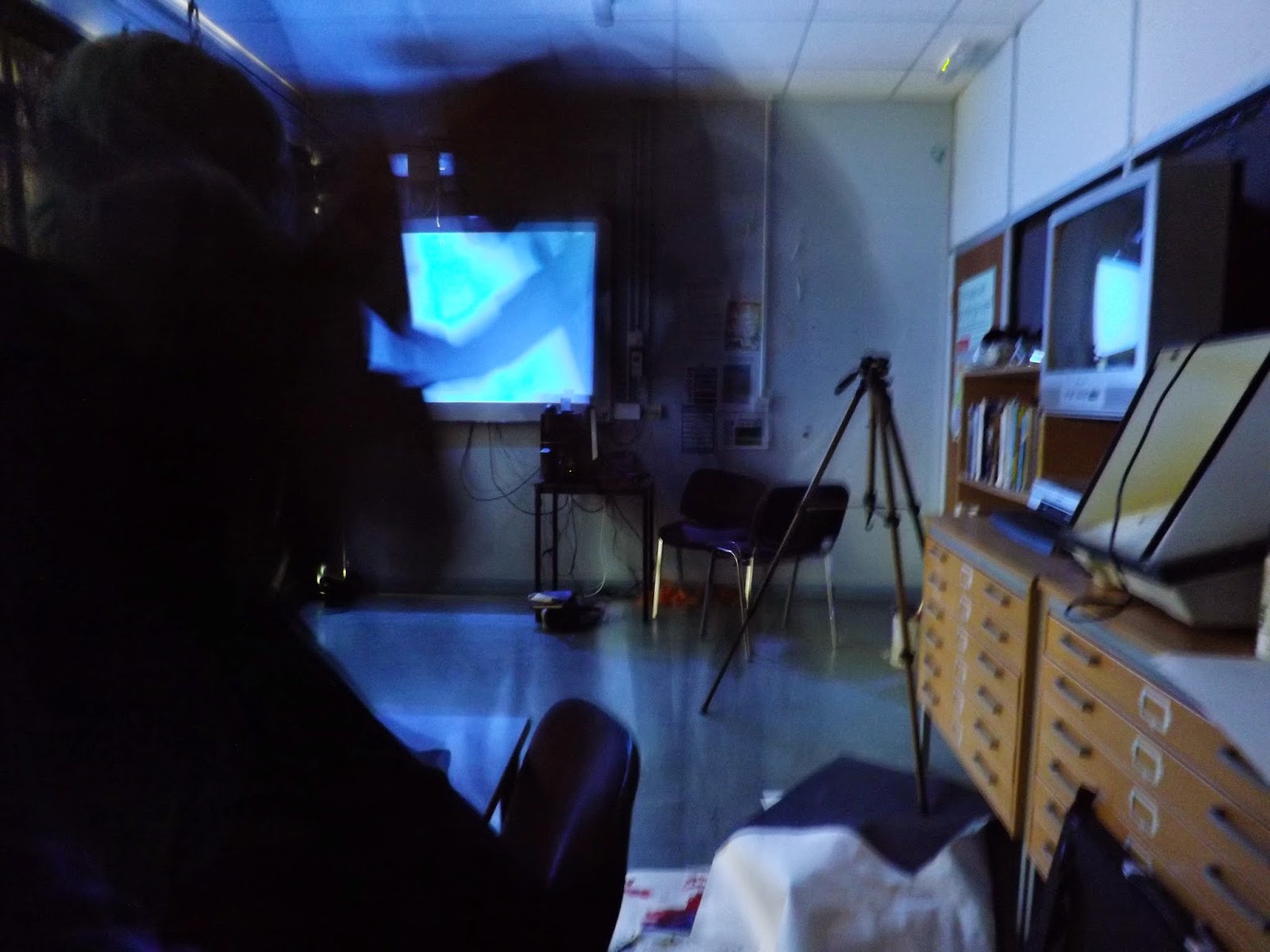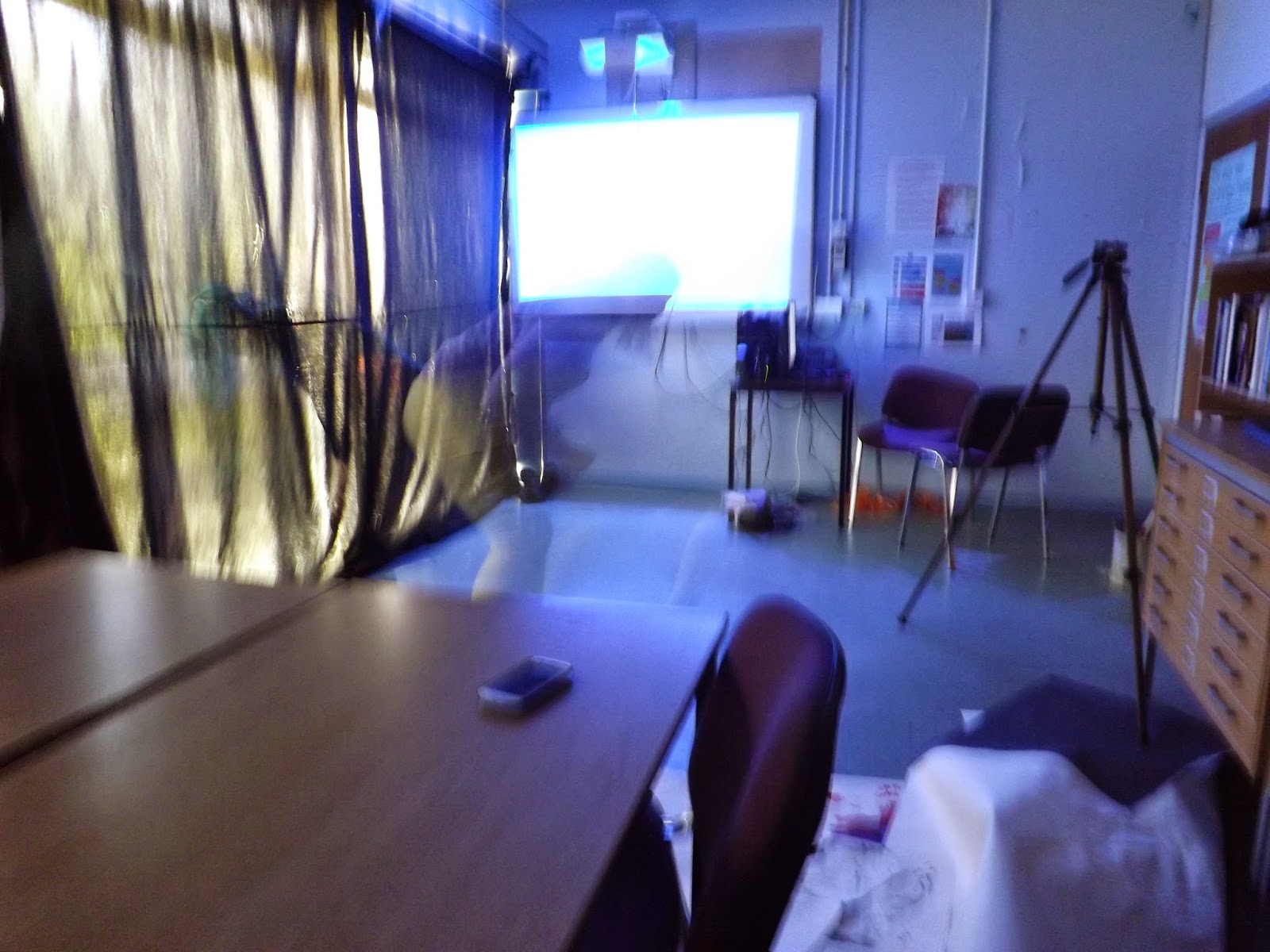Fear is one of the most basic human emotions. It is programmed into the nervous system and works like an instinct. From the time we're infants, we are equipped with the survival instincts necessary to respond with fear when we sense danger or feel unsafe.
Fear helps protect us. It makes us alert to danger and prepares us to deal with it. Feeling afraid is very natural — and helpful — in some situations. Fear can be like a warning, a signal that cautions us to be careful.
Like all emotions, fear can be mild, medium, or intense, depending on the situation and the person. A feeing of fear can be brief or it can last longer.
How fear works.
When we sense danger, the brain reacts instantly, sending signals that activate the nervous system. This causes physical responses, such as a faster heartbeat, rapid breathing, and an increase in blood pressure. Blood pumps to muscle groups to prepare the body for physical action (such as running or fighting). Skin sweats to keep the body cool. Some people might notice sensations in the stomach, head, chest, legs, or hands. These physical sensations of fear can be mild or strong.
This response is known as "fight or flight" because that is exactly what the body is preparing itself to do: fight off the danger or run fast to get away. The body stays in this state of fight-flight until the brain receives an "all clear" message and turns off the response.
Sometimes fear is triggered by something that is startling or unexpected (like a loud noise), even if it's not actually dangerous. That's because the fear reaction is activated instantly — a few seconds faster than the thinking part of the brain can process or evaluate what's happening. As soon as the brain gets enough information to realize there's no danger, it turns off the fear reaction. All this can happen in seconds.
Fears People Have
Fear is the word we use to describe our emotional reaction to something that seems dangerous. But the word "fear" is used in another way, too: to name something a person often feels afraid of.People fear things or situations that make them feel unsafe or unsure. For instance, someone who isn't a strong swimmer might have a fear of deep water. In this case, the fear is helpful because it cautions the person to stay safe. Someone could overcome this fear by learning how to swim safely.
A fear can be healthy if it cautions a person to stay safe around something that could be dangerous. But sometimes a fear is unnecessary and causes more caution than the situation calls for.
Many people have a fear of public speaking. Whether it's giving a report in class, speaking at an assembly, or reciting lines in the school play, speaking in front of others is one of the most common fears people have.
People tend to avoid the situations or things they fear. But this doesn't help them overcome fear — in fact, it can be the reverse. Avoiding something scary reinforces a fear and keeps it strong.
People can overcome unnecessary fears by giving themselves the chance to learn about and gradually get used to the thing or situation they're afraid of. For example, people who fly despite a fear of flying can become used to unfamiliar sensations like take off or turbulence. They learn what to expect and have a chance to watch what others do to relax and enjoy the flight. Gradually (and safely) facing fear helps someone overcome it.
Phobias
A phobia is an intense fear reaction to a particular thing or a situation. With a phobia, the fear is out of proportion to the potential danger. But to the person with the phobia, the danger feels real because the fear is so very strong.Phobias cause people to worry about, dread, feel upset by, and avoid the things or situations they fear because the physical sensations of fear can be so intense. So having a phobia can interfere with normal activities. A person with a phobia of dogs might feel afraid to walk to school in case he or she sees a dog on the way. Someone with an elevator phobia might avoid a field trip if it involves going on an elevator.
A girl with a phobia of thunderstorms might be afraid to go to school if the weather forecast predicts a storm. She might feel terrible distress and fear when the sky turns cloudy. A guy with social phobia experiences intense fear of public speaking or interacting, and may be afraid to answer questions in class, give a report, or speak to classmates in the lunchroom.
It can be exhausting and upsetting to feel the intense fear that goes with having a phobia. It can be disappointing to miss out on opportunities because fear is holding you back. And it can be confusing and embarrassing to feel afraid of things that others seem to have no problem with.
Sometimes, people get teased about their fears. Even if the person doing the teasing doesn't mean to be unkind and unfair, teasing only makes the situation worse.
What Causes Phobias?
Some phobias develop when someone has a scary experience with a particular thing or situation. A tiny brain structure called the amygdala keeps track of experiences that trigger strong emotions. Once a certain thing or situation triggers a strong fear reaction, the amygdala warns the person by triggering a fear reaction every time he or she encounters (or even thinks about) that thing or situation.Someone might develop a bee phobia after being stung during a particularly scary situation. For that person, looking at a photograph of a bee, seeing a bee from a distance, or even walking near flowers where there could be a bee can all trigger the phobia.
Sometimes, though, there may be no single event that causes a particular phobia. Some people may be more sensitive to fears because of personality traits they are born with, certain genes they've inherited, or situations they've experienced. People who have had strong childhood fears or anxiety may be more likely to have one or more phobias.
Having a phobia isn't a sign of weakness or immaturity. It's a response the brain has learned in an attempt to protect the person. It's as if the brain's alert system triggers a false alarm, generating intense fear that is out of proportion to the situation. Because the fear signal is so intense, the person is convinced the danger is greater than it actually is.





















































